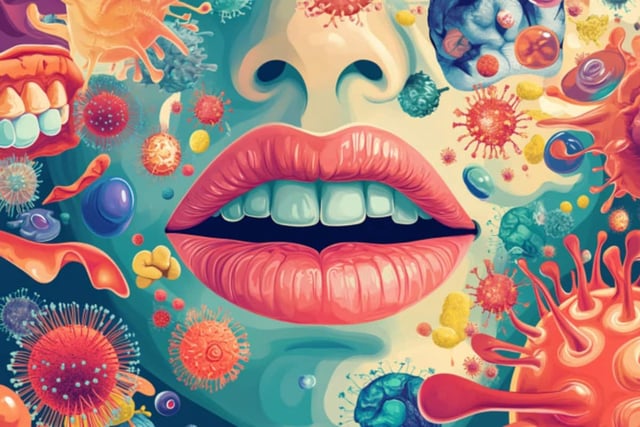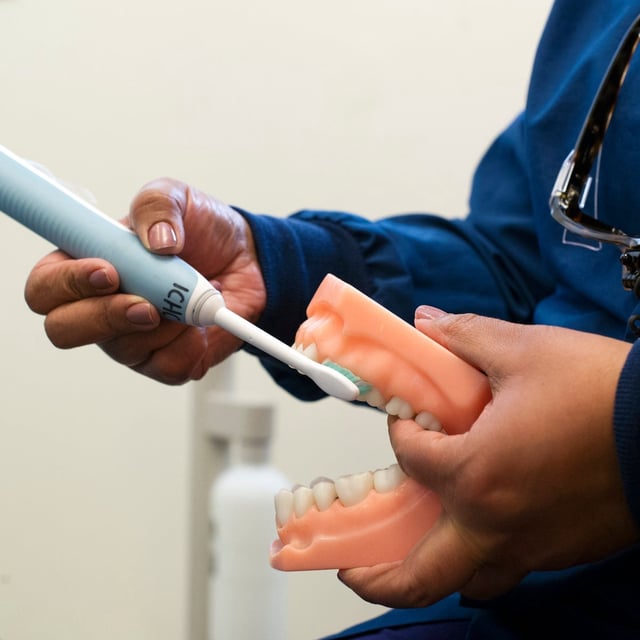Overview
- Researchers analyzed saliva samples and depression questionnaires from over 15,000 US adults in the 2009–2012 NHANES dataset
- Lower diversity of mouth microbes was associated with higher scores on a standardized depression scale
- Smoking, alcohol consumption and dental care habits were found to influence the strength of the microbiome-depression link
- Researchers emphasize that it remains unclear whether oral microbial changes drive depression or result from behavioral and physiological factors of the disorder
- The authors propose that microbial diversity profiling could serve as a noninvasive biomarker for depression pending further research



